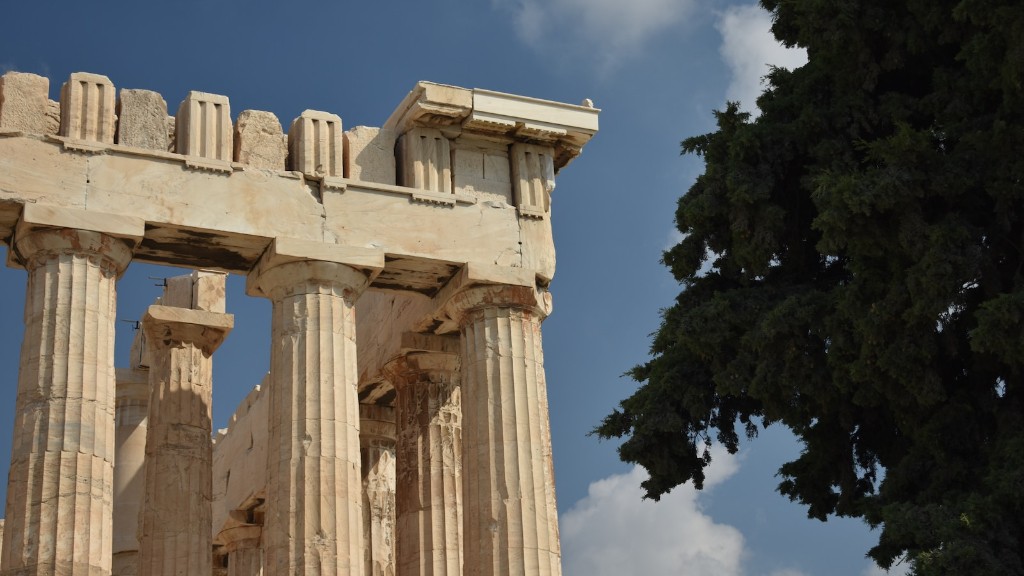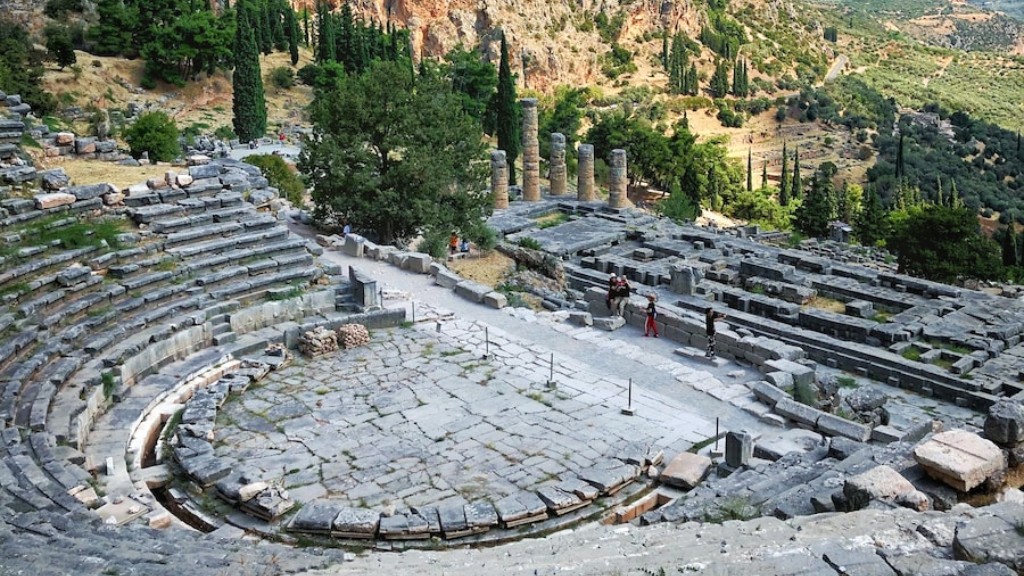How much land did ancient Greece conquer?
Ancient Greece, with its rich history and influential culture, holds a significant place in the annals of civilization. As we delve into the topic of how much land ancient Greece conquered, it is important to consider the multifaceted nature of territorial expansion. Throughout the centuries, Greek city-states undertook military campaigns, established colonies, and participated in alliances, ultimately leading to varying degrees of control over neighboring regions.
Military Campaigns: Land Conquered Through Conflict
The expansion of ancient Greece was fueled, in part, by military campaigns led by powerful city-states such as Athens and Sparta. These campaigns aimed to assert dominance over rival city-states or protect their interests in the region. Notable military campaigns included the Persian Wars and the Peloponnesian War.
During the Persian Wars, which took place between 490 and 479 BCE, the Greek city-states, led by Athens and Sparta, successfully repelled the invading Persian Empire. Although the primary objective was the defense of Greece itself, the Greeks managed to extend their influence across the Aegean Sea, gaining control of some Persian territories in Asia Minor.
On the other hand, the Peloponnesian War, fought between Athens and Sparta from 431 to 404 BCE, had devastating consequences for the Greek city-states. While neither side achieved significant territorial gains, the war weakened and fragmented Greece as a whole, leaving room for other external powers to exert influence over the region.
Establishment of Colonies: Expansion Through Settlement
An essential aspect of ancient Greece’s expansion was the establishment of colonies. These colonies served as extensions of the city-states and helped secure important resources and trading routes. The colonization movement, known as the Greek diaspora, primarily took place from the 8th to 6th centuries BCE.
Greek colonies were established in various parts of the Mediterranean and Black Sea, including present-day Italy, Sicily, North Africa, and the coastlines of Turkey and Ukraine. These colonies played a pivotal role in spreading Greek culture and fostering trade networks, thereby expanding the influence of ancient Greece beyond its homeland.
Alliances and Hegemony: Soft Power and Regional Influence
Ancient Greece also expanded its influence through alliances and hegemonic control. City-states formed alliances with one another to deter common enemies or project power in the region. One notable alliance was the Delian League, led by Athens, which aimed to counter Persian aggression and ensure Greek dominance in the Aegean Sea. However, these alliances did not necessarily result in direct territorial conquests.
Hegemony, on the other hand, referred to the domination of one city-state over others through economic and military influence. Athens, particularly during the 5th century BCE, emerged as a prominent hegemonic power due to its economic prosperity and naval supremacy. Athens’ hegemony granted it control over various city-states, either through voluntary submission or coercion.
The Complexity of Ancient Greece’s Territorial Expansion
It is worth noting that ancient Greek expansion was not characterized by a centralized and cohesive empire but rather a complex tapestry of city-states, colonies, alliances, and hegemonic control. The territorial gains made by ancient Greece were not of a scale comparable to empires like the Roman or Macedonian.
Ancient Greece’s expansion should be understood within the context of its historical and geographical constraints. The mountainous terrain and fragmented political structure of Greece made territorial control challenging. Furthermore, the Greeks’ focus on civic life, democracy, and cultural pursuits often took precedence over extensive territorial conquest.
In conclusion, ancient Greece’s conquest of land was a result of military campaigns, establishment of colonies, alliances, and hegemony. While military campaigns enabled the Greeks to extend their direct control over certain territories, the establishment of colonies and alliances served to expand their influence indirectly. It is crucial to appreciate the complexity of ancient Greek expansion, taking into account the distinctive nature of this polycentric civilization.

